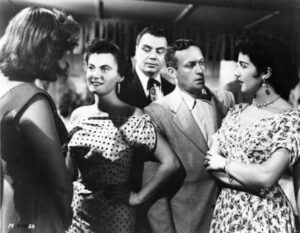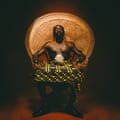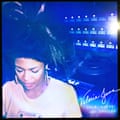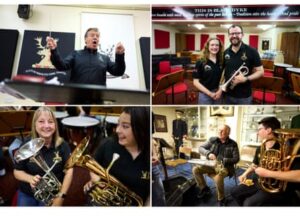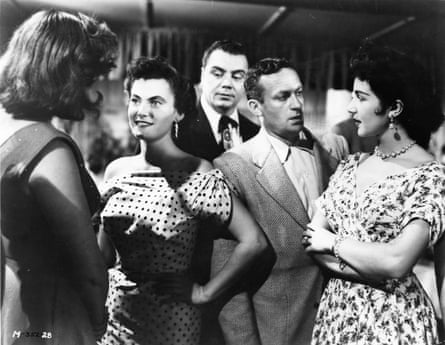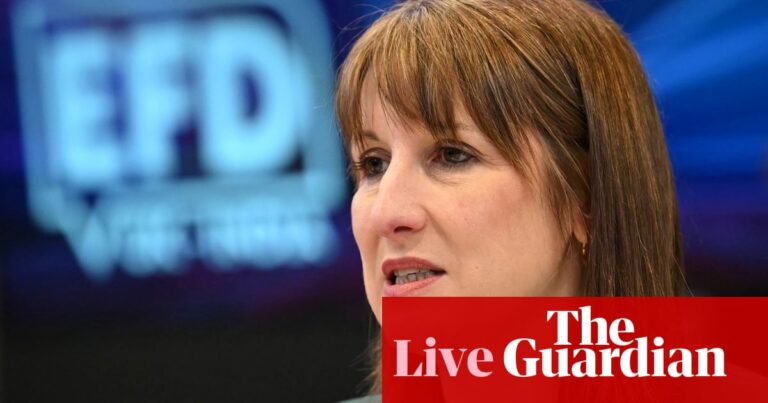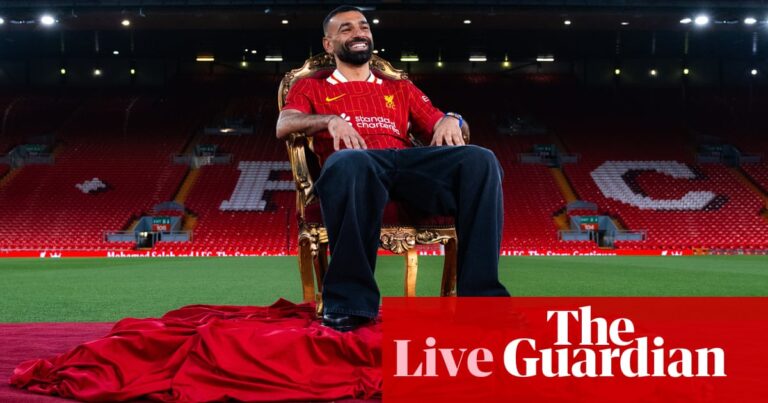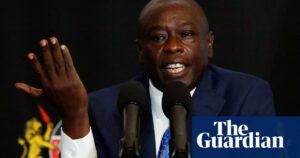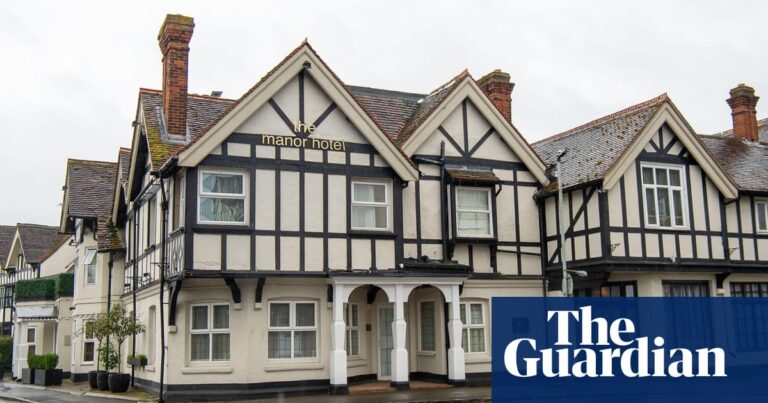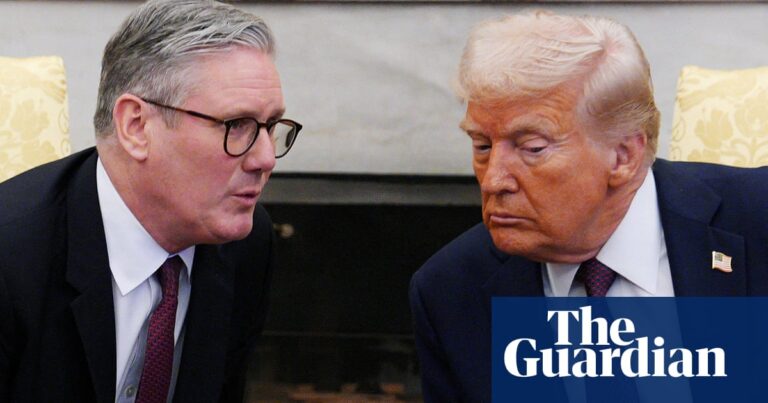The latter-day history of the Cure is a peculiar thing. They ended the 90s in apparent disarray – the disappointing Wild Mood Swings drew their peak commercial years to a close, and a series of festival shows degenerated into drunken farce – yet the 21st century found them more revered than ever. You couldn’t move for younger artists paying homage: everyone from heavy metal bands to dance producers seemed to want to collaborate with frontman Robert Smith.
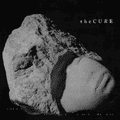
It was a kind of renaissance, and evidence of how hugely influential they were, but the Cure seemed unable to fully capitalise on it. They could always draw vast crowds, but a new album to rank alongside their back catalogue’s high points proved frustratingly elusive, and you wondered how many people were at their gigs to hear stuff from their eponymous 2004 album or 2008’s 4:13 Dream, both sprawling and uneven. Thereafter, their gigs came flecked with new songs but the release schedule fell silent. Last year, Simon Price’s definitive book Curepedia opened its entry on a prospective new album with the not unreasonable question: “Will it ever happen?”
In a video accompanying the arrival of Songs of a Lost World, Robert Smith’s explanation of what happened in the 16 years since the last album involves a complex mass of abandoned recording sessions, rash promises about release dates and personal upheaval: his brother, sister and “all my remaining aunties and uncles” died. In a way, these losses seem to have finally spurred Songs of a Lost World into existence.
They certainly fuel it, anchoring and amplifying the kind of existential angst that’s hung around the Cure’s oeuvre from the start. A writer capable of transforming his fear of turning 30 into the cavernous despair of 1989’s Disintegration now has something more emotionally potent than the end of his 20s to fret about. Its songs variously find Smith mourning, staring down his own mortality – “my weary dance with age and resignation moves me slow towards a dark and empty stage” – and lost in reflection about a past that feels more appealing than the baleful and divisive atmosphere of the present day. The Cure have seldom gone in for social commentary, which makes Warsong all the more striking: “We tell each other lies to hide the truth … everything we do is shame, wounded pride, vengeful anger.”
These frequently seem like the most straightforwardly personal songs Smith has ever written. “Something wicked this way comes, to steal away my brother’s life,” he sings on I Can Never Say Goodbye. And one early live performance of Endsong saw Smith in tears as he sang: “I’m outside in the dark, wondering how I got so old / It’s all gone, nothing left of all I loved.”
The album’s sound matches the emotional impact of the lyrics. It seems an odd thing to say about an album on which the pace is usually glacial, the majority of songs top out at over five minutes, and the closing track takes longer than that just to reach the first line of vocals, but the music on Songs of a Lost World feels more direct and purposeful than either of its immediate predecessors. Even the slowest tracks have a bruising impact, courtesy of the rhythm section. Simon Gallup’s bass provides a visceral growl, and the drums punch through the layered sound in a way that recalls the punishing rhythms of 1982’s Pornography. Pared down to eight songs, it’s devoid of the filler that leaked on to later Cure albums, where quantity and quality got confused. And it teems with striking moments: the beautiful cascade of piano that runs through And Nothing Is Forever; Drone:Nodrone’s churning, feedback-laden guitar; the warm blanket of synthesiser that wraps Smith’s vocal on I Can Never Say Goodbye.
after newsletter promotion
It’s powerful, possessed of a dark beauty and frequently moving in a manner that feels different to anything they’ve released before. Their detractors have sometimes painted the Cure as a band trapped in a kind of teenage worldview: “a passion play of adolescent melancholy … the voice of nervous boredom in a small-town bedroom, peevish and petulant,” as the cultural critic Michael Bracewell once wrote in a withering analysis. That’s absolutely not a criticism that applies here. Smith is justifiably proud of his band’s cross-generational appeal – his fabled row with Ticketmaster was spurred by a desire to ensure the band’s younger fans could afford to see them live – but Songs of a Lost World feels like the Cure growing older alongside that section of their audience who discovered them in the late 70s or 80s, and who now find themselves staring down the stuff that usually starts affecting you in middle age: the loss of peers and accompanying intimations of your own demise; the realisation that a chunk of your life that still seems vivid actually exists in an increasingly distant and alien past.
Smith has implied that another Cure album is imminent, thanks to a surfeit of material. We’ll see. It would be nice if this is the start of an artistic Indian summer, but it’s tempting to say that it also wouldn’t be a problem if it ended up embodying the finality of its lyrics: “the end of every song we sing,” as Alone puts it. Given that Songs of a Lost World sounds suspiciously like The Cure’s best album since Disintegration, it would amount to going out on a high.
Source: theguardian.com


